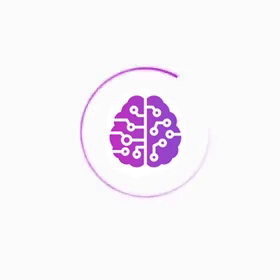
AI Forces a Rethink of Education
In 2025, artificial intelligence is reshaping classrooms and academic institutions worldwide. Traditional writing skills are no longer sufficient as AI-generated content becomes commonplace in both learning and assessment.
The Decline of Traditional Writing Skills
Tools like ChatGPT, Claude, and Gemini can effortlessly generate essays, research papers, and assignments. As a result, the focus shifts from writing mechanics to evaluating content quality, argument structure, and source credibility.
Critical Thinking Takes Center Stage
Educators stress that critical thinking, fact-checking, and source analysis must replace rote memorization and formulaic writing. Students need to assess AI-generated outputs, challenge biases, and ensure accuracy.
The Academic Divide on AI Use
Scholars are divided: some welcome AI as a democratizing force in education, while others warn it may erode originality, research rigor, and intellectual growth.
Transparency and Ethical Use of AI
Institutions emphasize the importance of transparency. Students and researchers should disclose AI assistance, ensuring ethical standards while preventing plagiarism and misuse.
Educators Must Evolve
Teachers and professors are encouraged to receive AI training themselves, enabling them to guide students in responsible AI use rather than prohibit its presence entirely.
Curriculum Overhauls Begin
Leading institutions are updating curriculums to include AI literacy, data ethics, and prompt engineering—skills increasingly vital in a hybrid human-AI academic environment.
Future-Proofing Education
AI is not a passing trend but a permanent fixture in education. Preparing students to work alongside AI will define the next generation of academic success.
Conclusion: Adapt or Fall Behind
As AI reshapes education, institutions that adapt will thrive, while those that resist risk falling into irrelevance. The future of learning demands a bold, ethical, and transparent response to AI’s rise.
